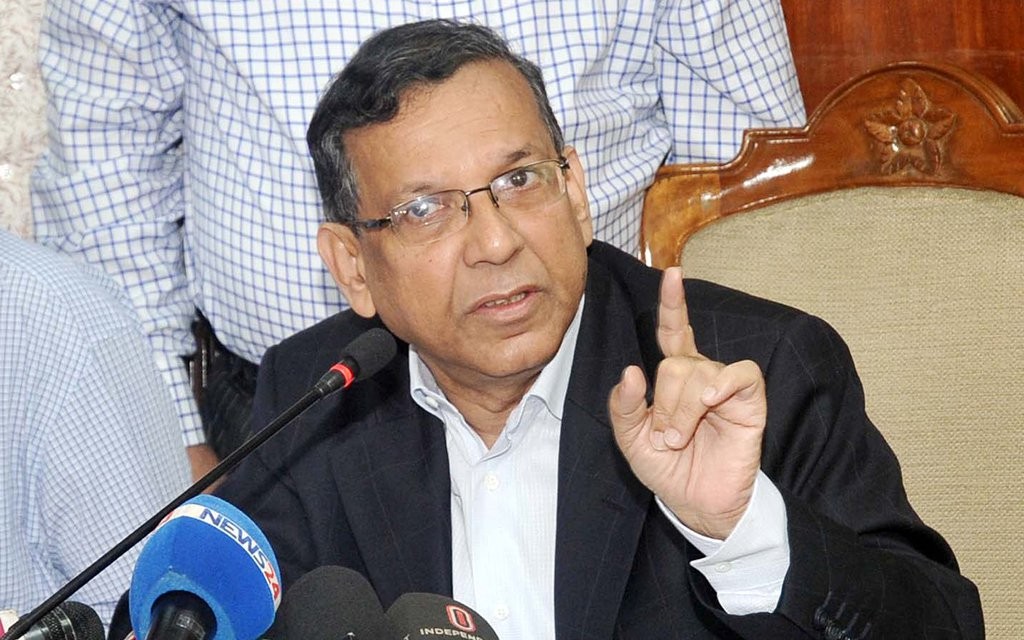Dhaka, Jan 30 – Digital Security Act stipulates digital theft by capturing any confidential information of government and semi-government, autonomous and statuary bodies by using computer, computer network, digital network or any other electronic devices through illegal access as cognisable offence.Offering an explanation on Section 32, Law Minister Anisul Huq told journalists Tuesday at his office that if any journalist publishes any report about illegal activities or crime through capturing confidential information, he or she will not be guilty.
“If the report is authentic, it’ll not be a crime,” he clarified.
Mentioning that there are some ambiguities in Section 57 of the ICT Act, the Law Minister said the government has removed those in the Digital Security Act.
“In the Digital Security Act, no one’s freedom of expression will be curbed,” he said while talking to reporters this noon.
The minister continued, “We’ve kept our promise by dissolving the Section 57. Therefore, there’s no fear which was being discussed in the media.”
He also said journalists were worried about the Section 57 as it curbs their freedom of expression a little bit. “But now, no one will be able to harass journalists unnecessarily under the new law.”
According to section 32 of the Digital Security Act, resorting to digital theft by capturing any confidential information of government and semi-government, autonomous and statuary bodies by using computer, computer network, digital network or any other electronic devices through illegal access is cognisable offence.
About the section 32, Anisul said if any journalist publishes any report about illegal activities or crime through capturing confidential information, he or she will not be guilty. “If the report is authentic, it’ll not be a crime,” he added.
He also said some new types of crimes, including cybercrime and hacking, are happening in the cyber world using computers. “We’ve included those in the new act.”
Noting that there has been a culture of impunity, lawlessness and demeaning the Liberation War and Bangabandhu after the assentation of Father of the Nation Sheikh Mujibur Rahman in 1975, the minister said, “We’ve kept a provision in the new law to get rid of these practices.”
According to the act, anyone spreading negative propaganda against the Liberation War or Father of the Nation Bangabandhu Sheikh Mujibur Rahman using digital devices will risk being sentenced.
The punishment for spreading such propaganda is maximum 14 years’ jail, Tk 1 crore fine or both.
In Section 57 of the ICT Act, there was a minimum seven-year imprisonment for spreading propaganda.
“We’ve reduced this jail term to minimum three years for silly crimes,” Anisul added.
Earlier on Monday, the Cabinet approved the draft of the Digital Security Bill, 2018 aiming to deal with cybercrimes, including hurting the religious sentiment, negative propaganda against the Liberation War and the Father of Nation, and illegal activities in e-transactions and spreading defamatory data. – UNB




